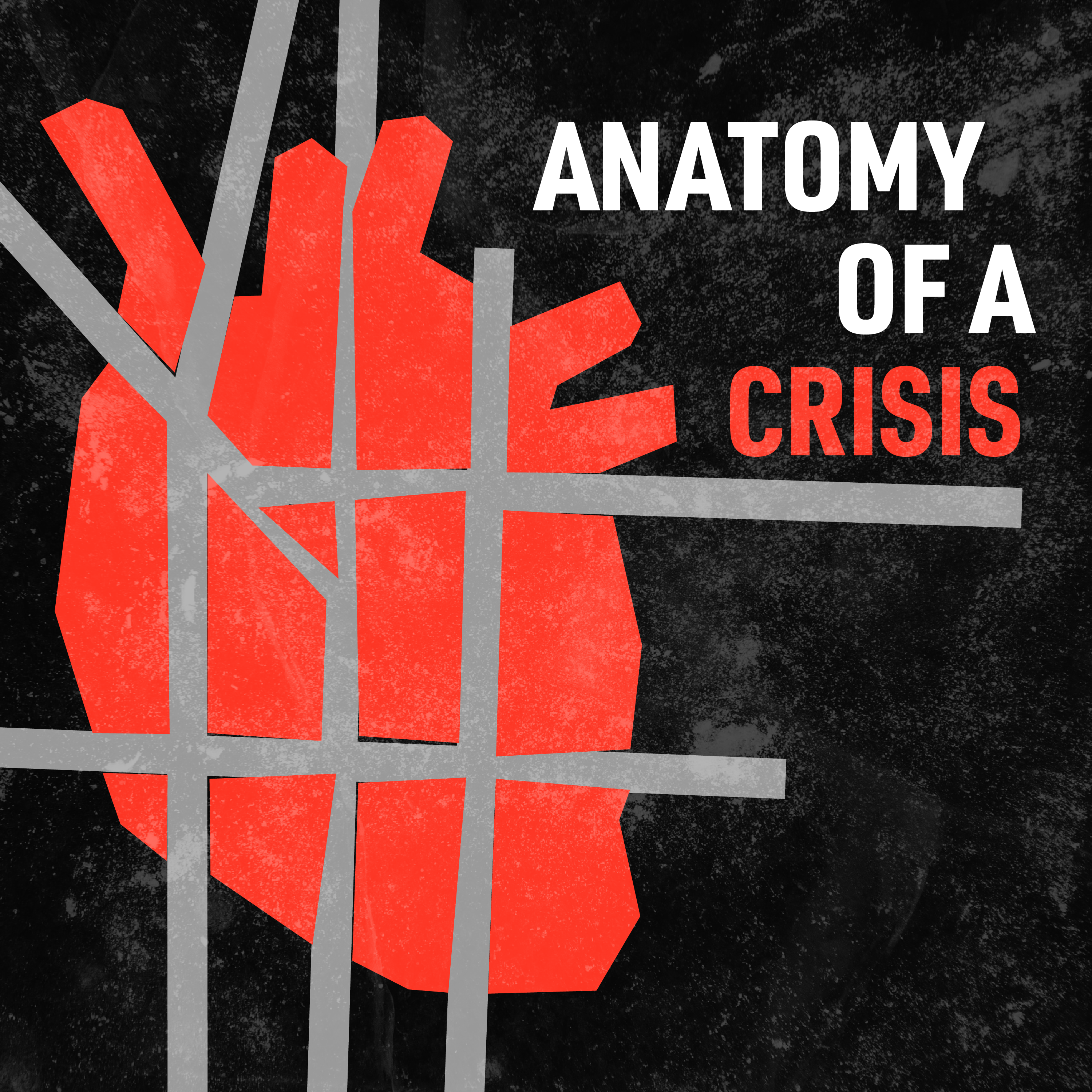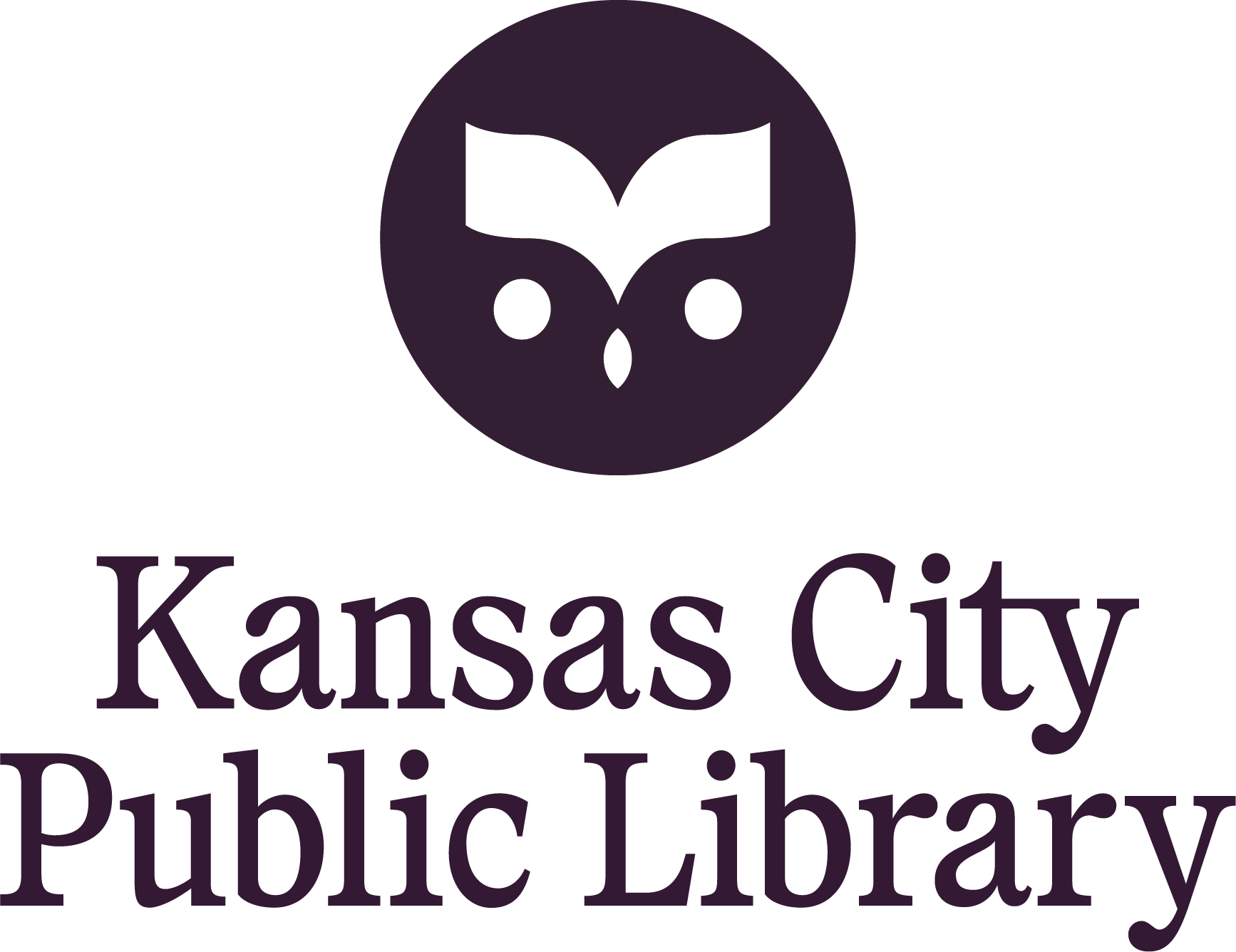New Library Podcast, Anatomy of a Crisis, Explores Relationship Between Race and Public Health
Wednesday, March 30, 2022
The environments – from ideal to dangerous – in which we live, play, and work largely determine our overall health. But even if we’ve endured extreme conditions, we may not make the mental connection between lived experiences and race.
Whether the issue is unsafe housing or the general effect of a body’s response to the chronic stress of racial profiling, the Kansas City Public Library’s new podcast, Anatomy of a Crisis: The Impact of Racism on Public Health in America, explores and exposes those relationships.
For instance, Kamera Meaney says she didn’t recognize the impact that being Black could have on pregnancy until she was pregnant – an issue addressed in the podcast. Meaney, the director of government relations at University Health (formerly Truman Medical Center), served on the podcast’s development team.
“No one had ever told me that as a woman of color, despite my education, despite the fact that I’m middle class, I’m still four times more likely to die than the poorest white woman,” Meaney says.
Initially, the idea behind the project was to communicate information about these and other negative social determinants to the populations most impacted by them. Perhaps, among other things, the discussion might help frame individuals’ conversations with healthcare providers.
However, over several months, Meaney and Library Health and Wellness Specialist Jeni Starr, the driver of the project, realized that the existing power structure wouldn’t necessarily support the work.
So, Meaney says, “the argument maybe needed to be placed where the power sits.”
For both women, that meant reaching individuals who might not be directly impacted by the social determinants they’d identified but have the power to make immediate changes.
They quickly seized on a podcast.
 The two invited Denesha Snell, a member of the Library’s board of trustees, to host. Snell is the director of programs for American Public Square and was host of the Life in the Middle podcast in 2018-19.
The two invited Denesha Snell, a member of the Library’s board of trustees, to host. Snell is the director of programs for American Public Square and was host of the Life in the Middle podcast in 2018-19.
Snell says she jumped at the chance because it would afford her the “opportunity to talk to folks who are doing work in the community, but also to be able to pique the curiosity of community members that may not understand or know some of these issues or understand the history of some of these things in our city.”
Anatomy of a Crisis looks at the ways in which the COVID-19 pandemic, the murder of George Floyd, and other events of 2020 exposed long-term inequalities rooted in racism, particularly in Kansas City.
“We knew we wanted to develop some sort of program that unpacked how racism is a public health crisis,” says Starr.
They developed what’s currently a series of seven episodes, which Meaney explains don’t target a particular race or socioeconomic group but are geared toward people who want to make a change.
“The goal was, let’s tell them the reality through people who have the lived experience. And then let’s give them action items at the end of the podcast or throughout the podcast for how they can become engaged,” Meaney says.
In one episode, Kansas City Councilwoman Melissa Robinson talks about the social determinants of health in Kansas City and healthcare inequities. She encourages listeners to learn who their local policymakers are, engage with them, and even testify at public hearings. In case someone doesn’t feel a policymaker is taking the time to listen, Robinson provides resources for voters looking to change the status quo. Speakers also suggest supporting particular groups financially or via sweat equity.
Other podcast guests include Uzazi Village Executive Director Hakima Payne; Beto Lugo-Martinez, executive director of CleanAirNow; and physician and environmental health specialist Elizabeth Friedman. Most of the guests are people of color.
“Being a Black woman and having the chance to sit down and invite people to the table with other Black people and people of color gives me the opportunity to lead you through a conversation that you might not ever be able to have, because you’re not sitting at the table with us,” Snell says.
She adds that those who aren’t privy to nuanced dinner table conversation with people outside their own race may make assumptions that cause them to miss grey areas. She says this causes, at the very least, confusion about what’s important.
“Unless you’ve actually walked a day in my shoes, you can’t wrap your head around it. You have no way of being able to do that,” Snell says.
She, Starr, and Meaney say they hope this podcast will not only facilitate greater understanding but also be a call to action for community stakeholders – and when it comes to matters of public health, that includes everyone.
Listen to Anatomy of a Crisis
Whether the issue is unsafe housing or the general effect of a body’s response to the chronic stress of racial profiling, the Kansas City Public Library’s new podcast, Anatomy of a Crisis: The Impact of Racism on Public Health in America, explores and exposes those relationships.
For instance, Kamera Meaney says she didn’t recognize the impact that being Black could have on pregnancy until she was pregnant – an issue addressed in the podcast. Meaney, the director of government relations at University Health (formerly Truman Medical Center), served on the podcast’s development team.
“No one had ever told me that as a woman of color, despite my education, despite the fact that I’m middle class, I’m still four times more likely to die than the poorest white woman,” Meaney says.
Initially, the idea behind the project was to communicate information about these and other negative social determinants to the populations most impacted by them. Perhaps, among other things, the discussion might help frame individuals’ conversations with healthcare providers.
However, over several months, Meaney and Library Health and Wellness Specialist Jeni Starr, the driver of the project, realized that the existing power structure wouldn’t necessarily support the work.
So, Meaney says, “the argument maybe needed to be placed where the power sits.”
For both women, that meant reaching individuals who might not be directly impacted by the social determinants they’d identified but have the power to make immediate changes.
They quickly seized on a podcast.
 The two invited Denesha Snell, a member of the Library’s board of trustees, to host. Snell is the director of programs for American Public Square and was host of the Life in the Middle podcast in 2018-19.
The two invited Denesha Snell, a member of the Library’s board of trustees, to host. Snell is the director of programs for American Public Square and was host of the Life in the Middle podcast in 2018-19. Snell says she jumped at the chance because it would afford her the “opportunity to talk to folks who are doing work in the community, but also to be able to pique the curiosity of community members that may not understand or know some of these issues or understand the history of some of these things in our city.”
Anatomy of a Crisis looks at the ways in which the COVID-19 pandemic, the murder of George Floyd, and other events of 2020 exposed long-term inequalities rooted in racism, particularly in Kansas City.
“We knew we wanted to develop some sort of program that unpacked how racism is a public health crisis,” says Starr.
They developed what’s currently a series of seven episodes, which Meaney explains don’t target a particular race or socioeconomic group but are geared toward people who want to make a change.
“The goal was, let’s tell them the reality through people who have the lived experience. And then let’s give them action items at the end of the podcast or throughout the podcast for how they can become engaged,” Meaney says.
In one episode, Kansas City Councilwoman Melissa Robinson talks about the social determinants of health in Kansas City and healthcare inequities. She encourages listeners to learn who their local policymakers are, engage with them, and even testify at public hearings. In case someone doesn’t feel a policymaker is taking the time to listen, Robinson provides resources for voters looking to change the status quo. Speakers also suggest supporting particular groups financially or via sweat equity.
Other podcast guests include Uzazi Village Executive Director Hakima Payne; Beto Lugo-Martinez, executive director of CleanAirNow; and physician and environmental health specialist Elizabeth Friedman. Most of the guests are people of color.
“Being a Black woman and having the chance to sit down and invite people to the table with other Black people and people of color gives me the opportunity to lead you through a conversation that you might not ever be able to have, because you’re not sitting at the table with us,” Snell says.
She adds that those who aren’t privy to nuanced dinner table conversation with people outside their own race may make assumptions that cause them to miss grey areas. She says this causes, at the very least, confusion about what’s important.
“Unless you’ve actually walked a day in my shoes, you can’t wrap your head around it. You have no way of being able to do that,” Snell says.
She, Starr, and Meaney say they hope this podcast will not only facilitate greater understanding but also be a call to action for community stakeholders – and when it comes to matters of public health, that includes everyone.
Listen to Anatomy of a Crisis

